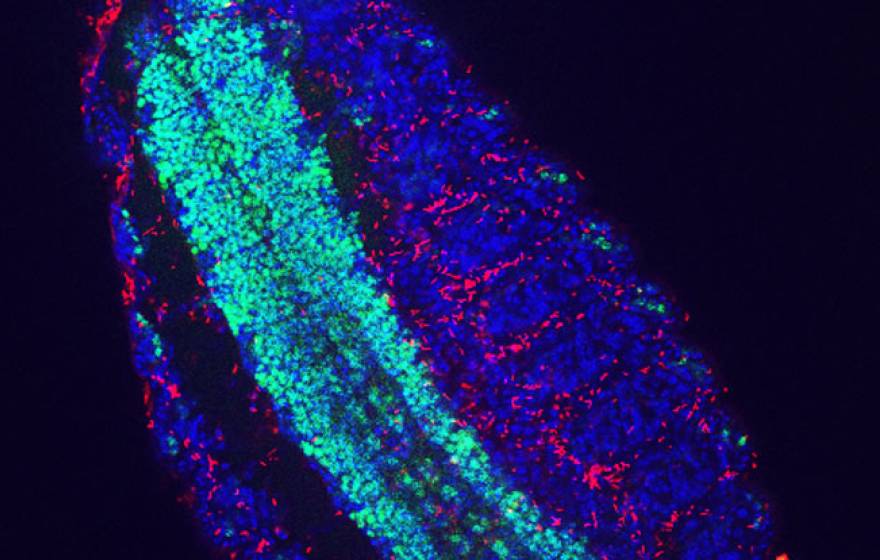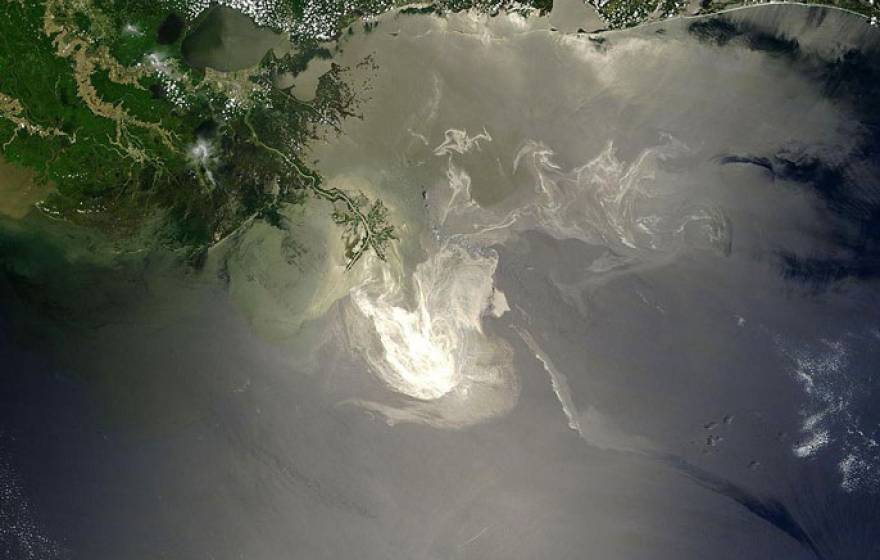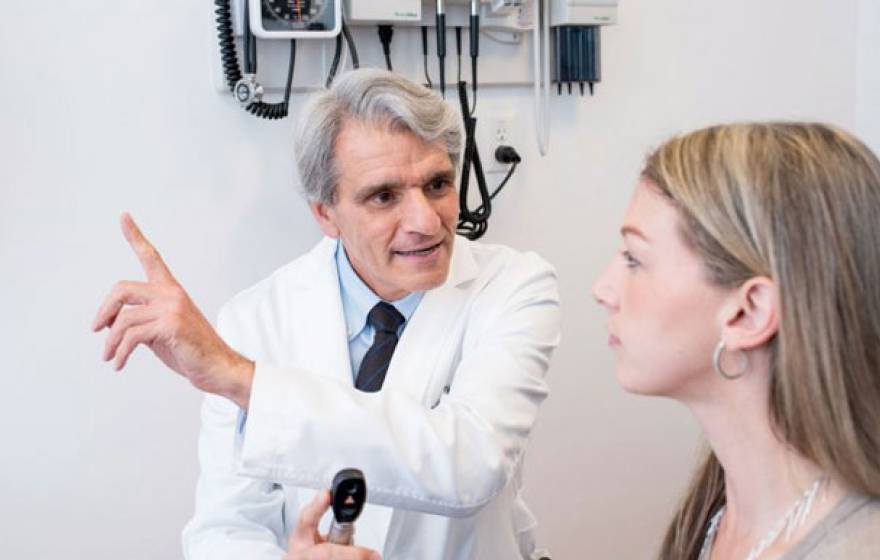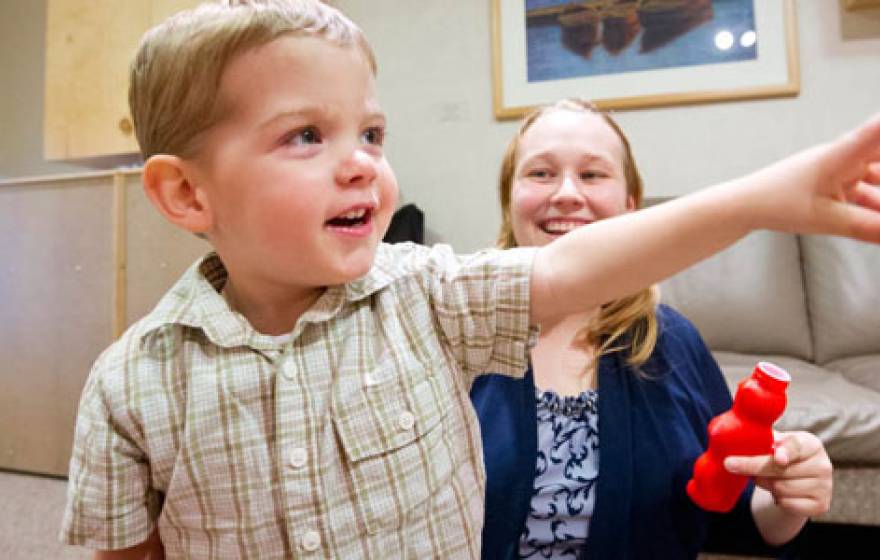A UC San Diego professor tells Science Today why conserving depleted reef-grazing fish is so important.
Care about coral reefs? Protect the 'lawnmowers'
We are not alone - there are germs in space, too
Lawrence Livermore National Laboratory is studying bacteria aboard the International Space Station.
Exploiting male-killing bacteria to control insects
A UC Riverside scientist's discovery of a lethal, sex-specific mechanism may help manage pest species in the future.
Winner of $1 Million X CHALLENGE has roots at UC Santa Barbara's Bren School
Innovative grooved-skimmer technology will transform oil spill response efforts.
Inadequate financial savings tied to childhood health risks
UCLA study finds wealth is a greater predictor than income for obesity and illness in kids.
‘Ultracool’ dwarf star hosts three potentially habitable planets
A UC San Diego physicist has broken new ground in the search for life beyond Earth.
Wrapping up multiple sclerosis at UCSF
With one drug to shut down its progression and another to undo its damage, MS doesn’t stand a chance.
Not just climate change: Study finds human activity is a major factor driving wildfires
People are responsible for more than 90 percent of California fires, says a UC Berkeley scientist.
Researchers dive into big data to predict NBA winners
A UC Merced professor and his students run simulations of playoff games — with startling accuracy.
Biofluorescent catsharks, glowing in the deep
UC San Diego study uses "shark-eye" vision to reveal how species may communicate underwater.
UC researchers join largest autism study ever in U.S.
Effort seeks to analyze DNA from 50,000 people with autism and their families.
Weill gift gives UCSF unprecedented opportunity to advance neurosciences research
The $185 million donation launches the UCSF Weill Institute for Neurosciences.











